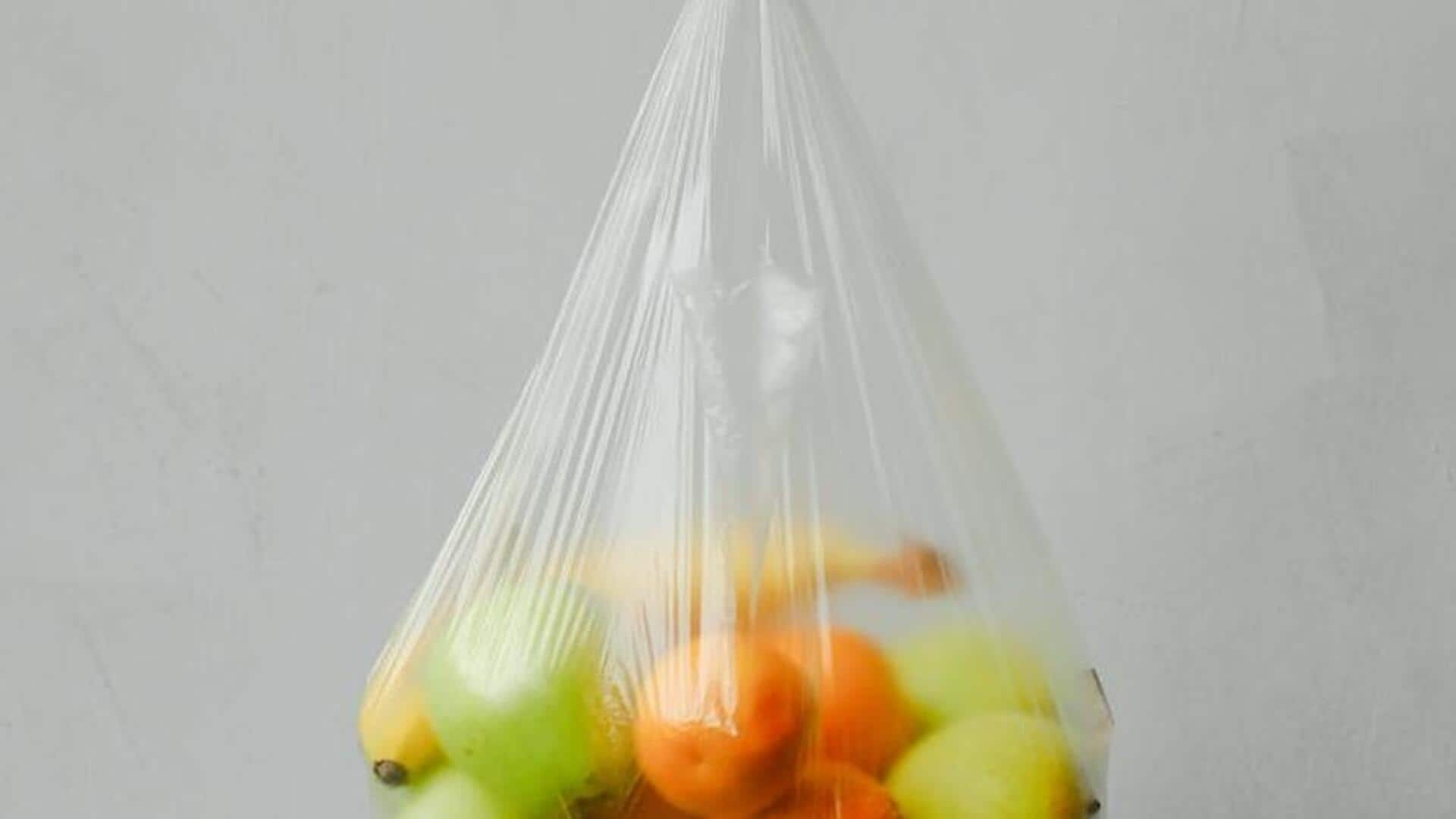
Budget-friendly strategies for reducing food waste
What's the story
Food waste is a huge global problem with serious environmental, economic, and social consequences. In many homes, a significant portion of food goes straight to the trash due to poor planning, over-purchasing, and confusion about food labels. This article delves into practical and budget-friendly tips to reduce food waste at home. By embracing these easy habits, you can save money and make a positive impact on the environment.
Planning
Plan your meals
Meal planning is a key way to cut down on food waste. By mapping out your meals for the week, you can purchase only the necessary items from the store. This saves money and guarantees that everything you buy gets utilized. Always start by checking what you already have at home, so you don't buy the same thing again. A little planning can make a huge difference in waste reduction.
Labels
Understand food labels
The over-caution resulting from misunderstood food labels contributes to billions of pounds of food waste each year. "Best before" dates are about quality, not safety. Most foods are still safe to eat even after this date, as long as they have been properly stored. Understanding these labels can help you avoid throwing away perfectly good food and save some cash!
Storage
Store food properly
Properly storing food drastically reduces waste by making your groceries last way longer. For example, potatoes should be stored in a cool, dark place, while herbs should be kept in water in the fridge. By understanding the optimal storage conditions for various foods, you can significantly cut down on grocery waste.
Leftovers
Use leftovers creatively
Leftovers don't have to be boring or repetitive. With a little creativity, you can transform them into delicious new meals. Roasted veggies from last night? Blend them into a creamy soup or chop them up for a tasty salad topping. There are tons of recipes online specifically designed for repurposing leftovers. It's a great way to save money and add variety to your meals without wasting food.
Composting
Compost organic waste
For unavoidable waste such as vegetable peels or coffee grounds, composting provides a beneficial method to recycle this organic matter back into nutrient-rich soil for your garden. This way you don't send it to landfill, where it emits methane gas - a powerful greenhouse gas that contributes notably to climate change.